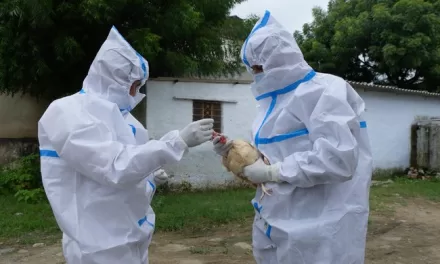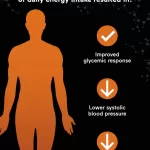The concept of harm reduction has become increasingly prevalent in discussions surrounding substance use and addiction, but what does it truly mean, and how is it practiced? Seeking insights from individuals on the front lines of addiction treatment and healthcare, we gain a multifaceted understanding of this critical approach.
From the director of an addiction support facility in Upstate New York to certified recovery peer advocates (CRPAs), emergency room (ER) directors, patients in treatment, and medical professionals, each voice contributes to a nuanced perspective on harm reduction.
The director of the addiction support facility reflects on the evolution of their views, acknowledging the imperative of prioritizing lives over personal philosophies. With each loss experienced, the necessity of comprehensive, compassionate care becomes increasingly apparent.
CRPAs, drawing from personal experiences, emphasize the pivotal role of support and understanding in their journey toward recovery. While acknowledging the benefits of harm reduction, they also recognize individual differences in recovery paths, underscoring the importance of mindfulness and self-awareness.
ER directors witness firsthand the transformative impact of harm reduction strategies, such as the widespread distribution of Narcan and emergency prescriptions for Suboxone. Despite notable progress, systemic barriers and indifference hinder further advancements in harm reduction efforts.
Individuals in treatment express varied perspectives on harm reduction, with some advocating for its principles as essential to their recovery journey, while others prioritize abstinence-based approaches.
Medical professionals emphasize the integration of harm reduction principles into treatment programs, advocating for accessible medication-assisted treatment (MAT) and comprehensive support services.
Finally, a clinician reflects on the profound implications of harm reduction, challenging societal perceptions and advocating for compassionate, pragmatic approaches to substance use disorder. Through personal anecdotes and professional insights, they underscore the urgent need for destigmatization and practical interventions to save lives.
As conversations surrounding harm reduction continue to evolve, these diverse perspectives offer invaluable insights into the complexities of addiction treatment and the imperative of prioritizing human lives above all else. In navigating the challenges ahead, the collective wisdom and compassion of these voices serve as guiding beacons toward a more equitable, compassionate approach to addressing substance use disorder.










